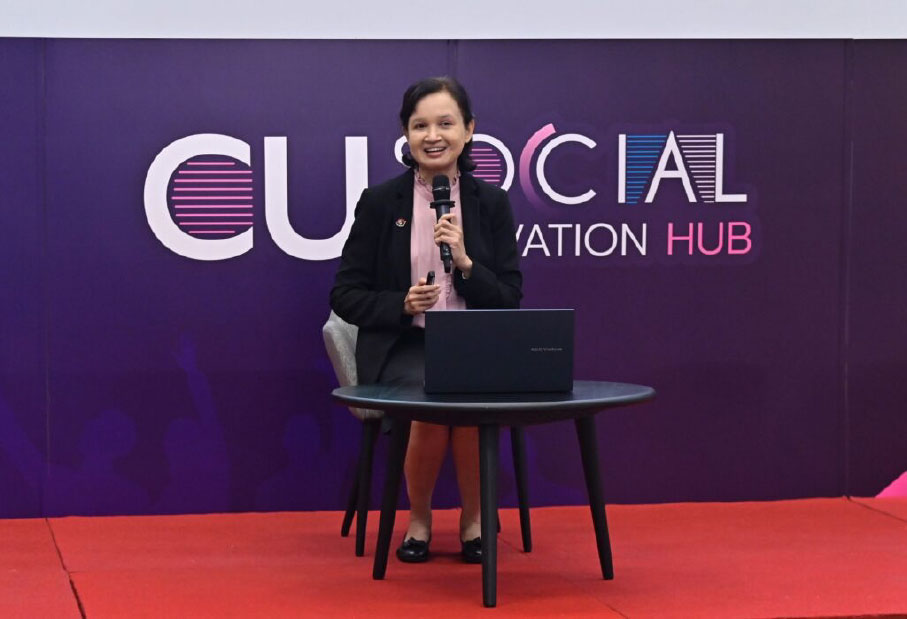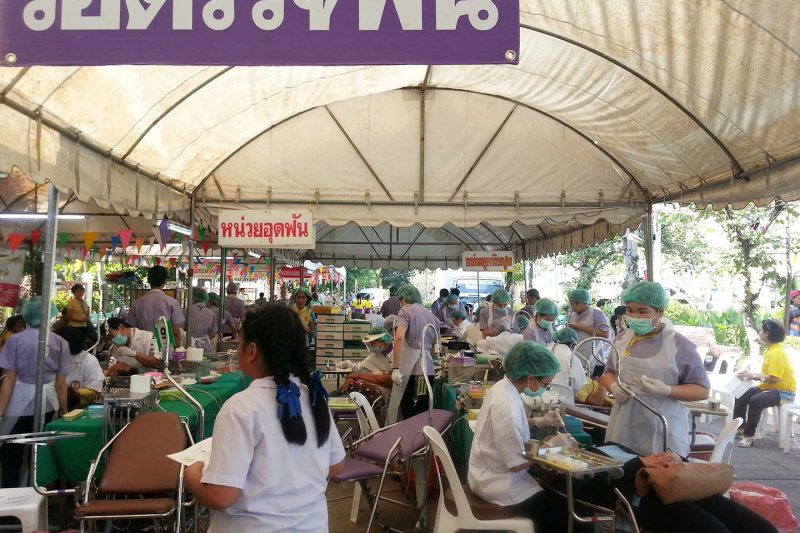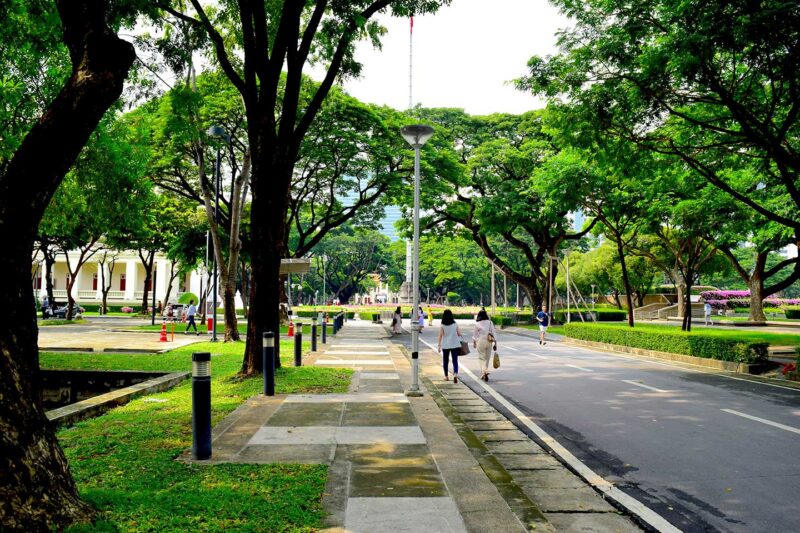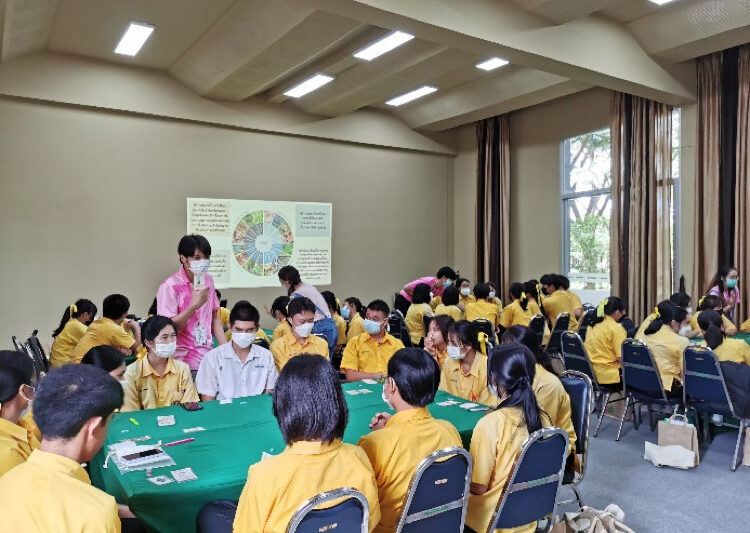Thai Challenges: A non-violent Thai society
Photo by Nadine Shaabana on Unsplash
“Research to reduce violence in 5 dimensions includes: 1) Policy: Developing a plan to address violence in Thailand. 2) Prevention: Implementing preventive programs to reduce suicide in six provinces, prevent early childhood violence, and combat violence against children and youth both within and outside educational institutions. This includes preventing domestic violence, respecting women, and creating non-violent communities. 3) Protection: Engaging communities in preventing and addressing violence within families. 4) Prosecution: Handling conflicts through mediation and running rehabilitation programs for perpetrators of violence to prevent reoffending. 5) Partnership: Building a network to control firearms and promote creativity across all sectors to collectively reduce violence.”
https://www.youtube.com/watch?v=ndxjQsoq420&t=8s
The Research Program “Thai Challenges: A non-violent Thai society” comprises 13 research projects which can provide answers to reducing violence in society, as follows;
1) Creating indicators for the measurement of violence and creation of a database to track violence in Thai society, including; the creation of a violence database, creation of indicators to measure violence levels, and creation of a violence map of Thailand by the province to guide the development of policies and measures for the prevention and resolution of the problem of violence in society
2) Creation of cooperative partnerships between networks and relevant agencies involved in violence reduction in Thai society, including; gun control networks, creative media promoting violence reduction in Thai society from all sectors, and joint research projects with operative agencies in preventing and resolving problems relating to violence
3) Creation of tools and advocacy for the formulation of policies and measures for the prevention and reduction of violence in Thai society comprising; the formulation of arbitration programs under the Arbitration Act 2019 (B.E. 2562), Arbitration and conflict management under a framework of restorative justice certified by the Ministry of Justice, with participants utilizing their training to implement restorative justice measures in practice, the creation of programs to prevent recidivism, particularly reoffending in violent crimes, and utilizing such measures for the rehabilitation of persons convicted of violent crimes to prevent recidivism. Other goals include the prevention of radicalization and recruitment by extremist and terrorist groups in partnership with relevant agencies for the proposal of policies and measures for the prevention of terrorism, including creating guidelines under the international standards of the RESPECT campaign in line with WHO and UN measures to reduce violence against women and working in cooperation with the Ministry of Social Development and Human Security to create the 5-Year Plan for the Prevention and Resolution of Violence against Children, Women and Family members (2023- 2027; B.E. 2566 – 2570 ) 4) Incorporation of best practices in the prevention and resolution of violence for use and implementation in conjunction with relevant agencies, such as; the promotion of pilot suicide prevention program in six provinces, the all-party program for the prevention and resolution of domestic violence via the establishment of sub-district operational centers for the prevention of violence, the establishment of nine model educational institutions for the prevention of violence in the Greater Bangkok Area which create information and social networks through meaningful activities, the prevention of bullying within primary and secondary schools such as via awareness raising, the prevention of violence in young children through the incorporation of the principles of Dhamma into the learning process to encourage mindfulness, the production of creative media and courses on creative media from all sectors to reduce violence. Examples that could be used as a model include the program to create a sustainably crime-free city in Nan, and the prevention of violence toward vulnerable youths in Khon Kaen.

BY
Faculty of Political Science, Chulalongkorn University
Related articles:
Others
Elegant Island Escape
Charismatic Phra Chudadhuj Palace awaits visitors on Koh Si Chang





